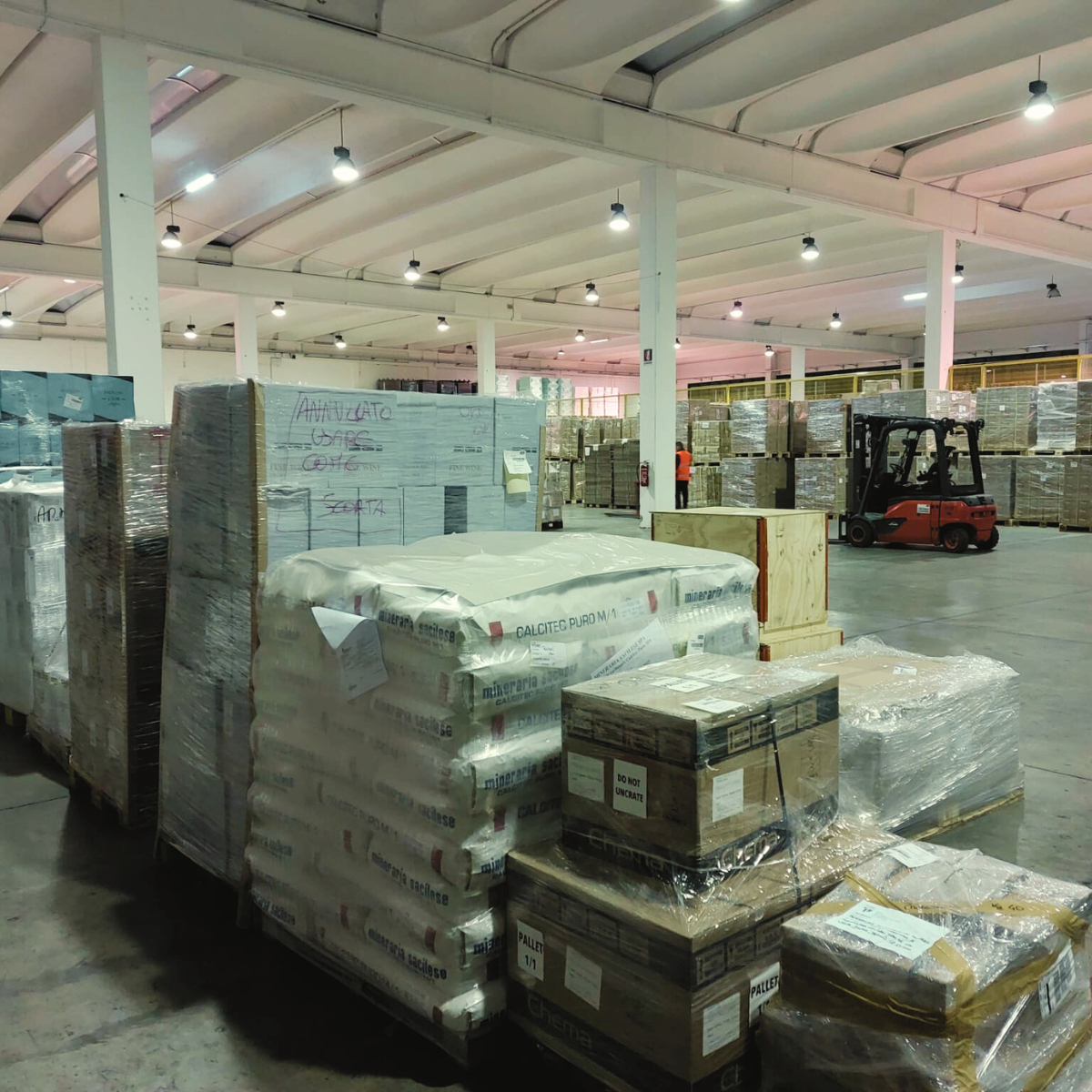A bonded warehouse is a specialized arrangement that allows, with explicit authorization from Customs Authorities, the deferment of duty payments on stored goods. Within these facilities, goods can be stored without immediate tax obligations until their final destination is determined. Non-Union goods can benefit from this arrangement. Furthermore, when meeting economic requirements without compromising customs oversight, Union goods may also be stored in a bonded warehouse, and they are not subject to the examined regime. The bonded warehouse presents significant advantages for businesses, including:
1 Streamlined Product Sourcing: Enables the sourcing of products and temporary storage of untaxed goods, facilitating their swift entry into the market at strategically advantageous times.
2 Cash Flow Management: Postponing payment mitigates negative cash flows, particularly concerning duties and VAT, offering financial flexibility for perishable goods, time-sensitive items, production remnants, unsold batches, and long-term inventory.
3 Duty-Free Transfers: In cases where merchandise is directed to another bonded warehouse or a non-European Union country, no duties or taxes are incurred.
4 Exemption from Duties and Excise: The exemption extends to duties and excise even if unsold goods or items unsuitable for market entry (e.g., perishable goods) are destroyed or returned to the country of origin.




